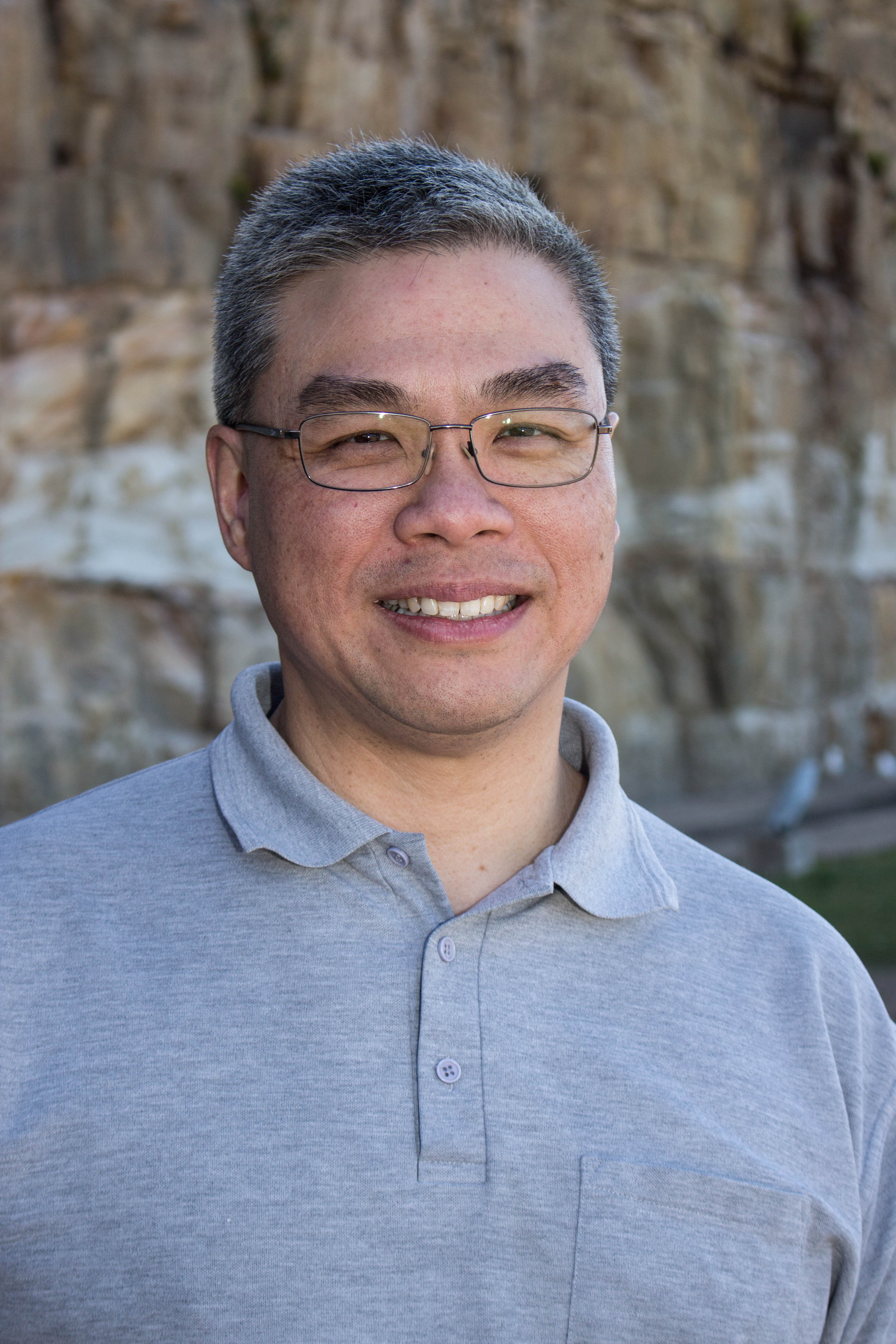If life is ‘okay’, running smoothly, everything is fine and nothing is broken, why change?
But change is the only constant in my life right now. More so when most of us have experienced some degree of social isolation during this pandemic lockdown. This was an externally imposed change that nobody expected and was not prepared for.
It takes an external change to change people
All it took was this externally imposed change to force many people to change their habits and lifestyle. It required people to spend more time at home. It required people to do the things that they would not usually do when they are so busy working or just being occupied with pressures of life. It has forced them to spend more time with their partners or spouses, with their children, in the kitchen, doing online courses, working on hobbies, etc.
It has also given many of us new opportunities to try new things, new recipes, new skills, new ways of working remotely, new ways for connecting with people, etc. We would not have experienced these new things but for the lockdown.
I have written elsewhere that consumer preferences will change in a post-COVID world. Businesses must start all over again and change to take advantage of these changing consumer preferences in order to survive. Otherwise, they will perish. (You can find the article here.)
Use the lockdown to reflect and take action
This lockdown has given me the time to reflect and focus on my future — to mind my own business.
This ‘time-out’ has given me the opportunity to reset and seriously embark on one of my professional goals, which is to intentionally help corporate executives and individuals execute or implement their plans using the 7 Habits of Successful Strategy Execution with the information provided through my website, https://executeastrategy.com.
Once things transition into recovery and ‘normality’ (whatever that means), I have the required resource and tools to achieve my mission, which is to encourage, challenge and guide people towards achieving their vision and goals.
This timely lockdown was my golden opportunity to stop, reflect and take action. Hopefully, this ‘lockdown opportunity’ will not come again!
So, don’t squander this opportunity to ‘reset’ your life. When the busyness of life takes over again, we will never have this opportune time to put life and busyness on pause mode.
Don’t go back to the ‘old’ normal
My ‘new’ normal will not be the same as my ‘old’ pre-COVID normal. And I don’t want to go back to the ‘old’ normal.
So, how does your ‘new’ normal look like?
Have you pressed the ‘reset’ button to change your life?
.
If you are already on the journey towards living a purpose-driven life, I congratulate and wish you the best.
For some of you who are looking forward to going back to your ‘old’ normal, I wish you luck.
But for the rest of you who are deeply motivated to change (or want to change) and who want to do things differently, do read on. I would like to help you on this journey and walk alongside you.
It’s better to give than to receive
The saying “it is better to give than to receive” is one of the hallmarks of living a purposeful, fulfilled and joyful life.
Fulfilment in life comes from giving, while happiness in life comes from getting. This is where happiness is only temporary, while fulfilment will last a lifetime.
Consumerism, or the “I” factor, is not a pathway to joyful and purpose-driven living. It only gives rise to mindless consumption and a scarcity mindset. It also supports the world of instant gratification that we live in today.
The pursuit and purchase of physical possessions, or even seeking high-paying jobs and positions, will never fully satisfy our desire for happiness, ever. It may result in temporary joy for some, but the happiness found in buying a new item rarely lasts longer than a few days.
This initial intense ‘joy’ has a short lifespan. When we are constantly seeking new pleasure-giving objects or positions, it is self-perpetuating. There will not be any end in sight. We will only end up on the rat-race thread-mill, trying desperately to keep up with life and public opinion, paddling harder each time to reach that elusive goal of happiness.
What others say about you
I like to use the “tombstone test”. It merely asks this question, “What would others write on your tombstone when you die as they remember you and your deeds?”
Or to put it in another way, what legacy are you going to leave behind so that people can rave about?
For Christians, the verse in 2 Timothy 4:7 comes to mind, “I have fought the good fight, I have finished the race, I have kept the faith.”
So, what would others say about you?
Fulfilment in life only comes from giving and creating value for others
When we reach a stage in life, as I have, the value we have as human beings is defined by our ability to love, to give, or to create value for others.
It is, therefore, about living a purpose-driven life that positively impacts the lives of others.
Time is the most valuable commodity we have. Once used, we cannot have it back, ever.
When we give our most valuable commodity to others, that is our time, in love and compassion, for the purpose of making a positive difference or impact in peoples lives, this act of giving becomes one of the greatest gift we can ever give to someone else.
This selfless act of giving will, in turn, give us lasting joy and great fulfilment in life. It also defines our identify and the purpose of our life.
It is, therefore, all about having genuine compassion to people, being outward-looking rather than inward-looking. This could be hard for some people, but it is not impossible to do so.
Good relationships keep us happier and healthier
For 75 years, the Harvard Study of Adult Development tracked the lives of 724 men, year after year, asking about their work, their home lives, and their health without knowing how their life stories were going to turn out. The TED talk about the outcomes of the study can be found here.
The clearest message from this longest study on happiness is good relationships keep us happier and healthier and are good for our health and well-being.
Begin with the end in mind and don’t regret not living a purposeful life
An Australian nurse who spent several years working in palliative care recorded her patients dying epiphanies in a book called The Top Five Regrets of the Dying.
The top five regrets of the dying:
- I wish I’d had the courage to live a life true to myself, not the life others expected of me.
- I wish I hadn’t worked so hard.
- I wish I’d had the courage to express my feelings.
- I wish I had stayed in touch with my friends.
- I wish that I had let myself be happier
.
Here’s how you can overcome one or more of these regrets:
- Your identity — Living a life true to yourself that is focused on things that matter in life without settling for a mediocre existence. Everyone is capable of becoming better than who they are today when they make a choice to change and live their life in fullness.
- Your relationships — Focusing on creating and sustaining quality relationships and regularly keeping in touch with people, rather than spending time at work or on other things. The Harvard Study of Adult Development supports this action.
- Your risk-taking — Making a deliberate choice to go beyond the circumstances, familiarity and complacency and to be true to yourself without fear, limiting beliefs and pleasing others.
Become the change you want to be and create your own future
Rather than finding your passion, lets proactively create your future by knowing who you are (your identity) and developing your mission and vision.
When you begin any road journey, you will subconsciously have inner conversations around these three questions:
- “Why am I going to a particular destination?
- “How will I get there?”
- “What will it be like when I arrive?” (Or “Who will I see when I arrive?”)
.
Without realising it, you are working within a purpose-driven framework. This framework can also be applied in your life.
My purpose-driven framework:
- Why do I exist? — My purpose is to make a positive difference in people’s lives.
- What will I do? — My mission is to encourage, challenge and guide people towards achieving their vision and goals.
- Where am I going? — My vision is to see people living purposefully according to who they are.
.
It is easier to begin with a purpose (“Why do I exist”). This will focus your life and actions on three key elements:
- Why do you believe you can make a difference?
- How do you achieve your outcomes?
- What will the outcome look like when you achieve it.
.
We do not plan to fail, but we fail to plan to create a purpose-driven fulfilled life that sows the seeds of impact and influence in other peoples’ lives!


